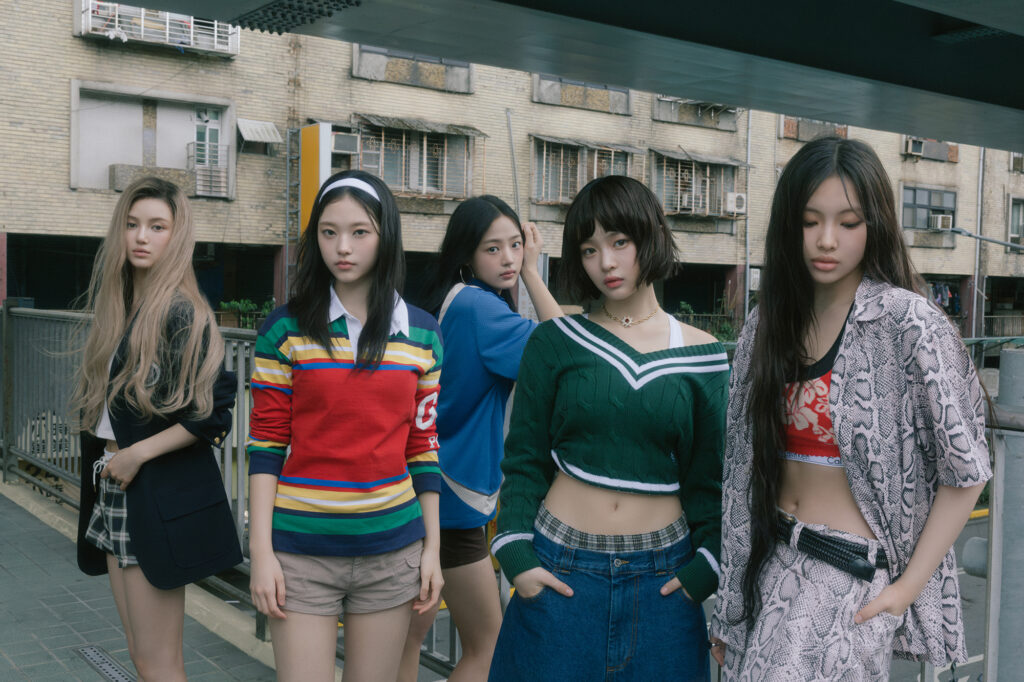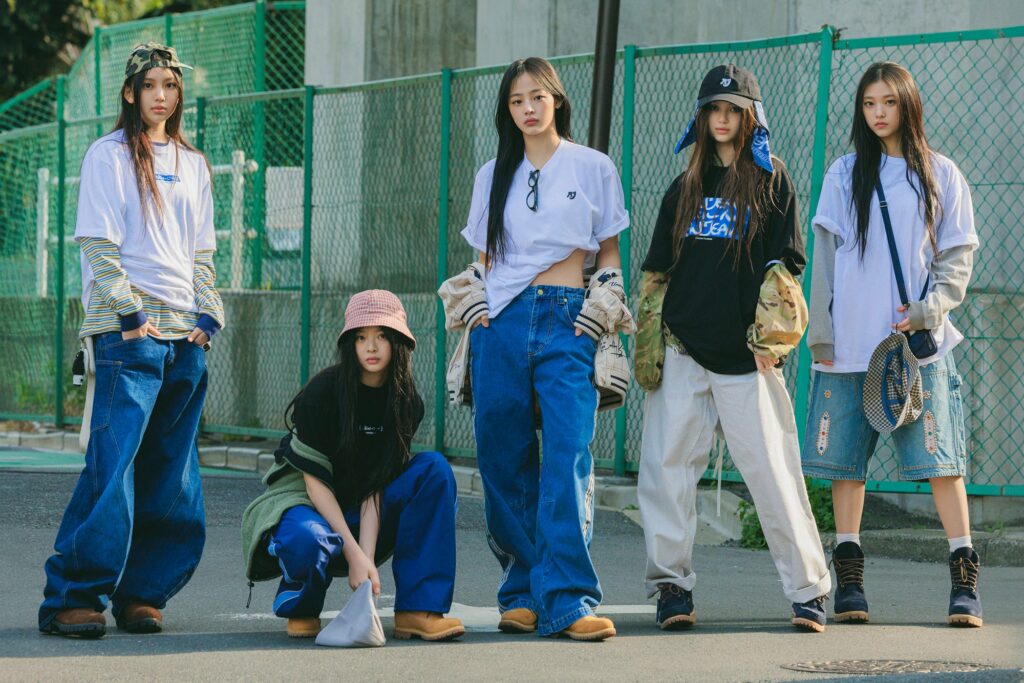The NewJeans members have taken further action against ADOR and HYBE, appointing Shin & Kim LLC as their legal representative to address ongoing contractual disputes.
NewJeans Finds Legal Representation in HYBE and ADOR Lawsuit
On January 23, the group released an official statement explaining their decision to engage one of South Korea’s top law firms. The members cited the firm’s expertise in entertainment law and its commitment to representing their interests in the face of alleged breaches of agreement by ADOR.
“Since ADOR and HYBE have appointed Kim & Chang as their legal representative, we believed it was necessary to have a law firm capable of responding to them,” the statement read. “To address the rapidly progressing injunction, we felt that Shin & Kim, which is already familiar with the issues and wrongdoings of HYBE and ADOR, is the most suitable choice.”

“HYBE and ADOR have failed to fulfill their responsibilities as an agency to protect their artists and support their growth,” it continues. “Throughout our activities, we faced numerous obstacles, both big and small. They even disguised their intent to ‘suspend our entertainment careers indefinitely’ as a ‘long-term break’, essentially abandoning and replacing us.”
The Ongoing Legal Drama
The controversy began on November 29, when NewJeans announced their intention to terminate their exclusive contracts, citing ADOR’s repeated contractual violations and failure to address critical issues. Their announcement followed an emergency press conference held on November 28, during which the group detailed their grievances, including claims of unfair treatment and a lack of transparency in communication.

In response, ADOR filed a lawsuit on December 3 with the Seoul Central District Court, seeking to validate their contracts with NewJeans. The agency’s legal action only intensified the public scrutiny surrounding their handling of the situation.
In a subsequent December 6 statement, the members reaffirmed their united stance, expressing deep disappointment in ADOR’s unwillingness to resolve the matter amicably. They emphasized their decision was driven by the need to protect their rights, well-being, and artistic integrity.







